US-style treaties in Australia will only entrench racial turmoil
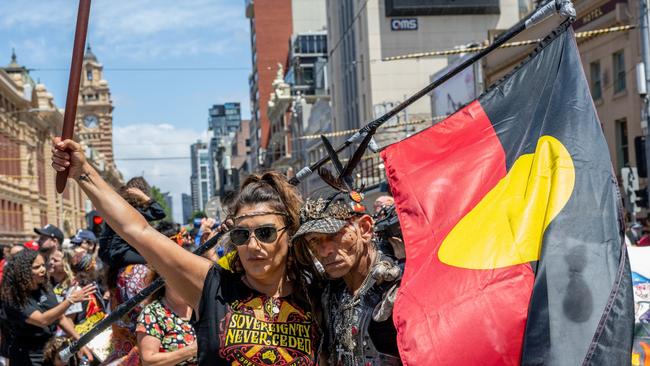
Treaties with Indigenous nations are being explored by every state government, often trained in the task by academics. And Anthony Albanese has given racial reconciliation the highest priority.
But what model does this activism follow? What “settler” nation has a reconciliation plan worth emulating? Progressive activists variously advocate a hybrid of Canada, New Zealand and South Africa. None is particularly suited to Australian conditions.

Canadian progressivism aims to transcend nationalism; what then of the Kulin nation? The Kiwis have appeased the Maori for centuries; these indigenous citizens remain the poorest in that rich state. South Africa? No amount of reconciliation since 1993 has stalled its spiral into one-party kleptocracy and enduring black disadvantage.
But the US template just might be the worst of all; it could be one of the best.
We joke that when the US sneezes, Australia will eventually catch a cold. It is true of trade and economics. It also applies to the politics of race. US campus “anti-racism” is increasingly the approach deployed in Australia. Our universities embrace the call of “anti-racism” as if its consequences could be only beneficial and its opponents only racist.
Unavoidably, a US racial lens is how we view our own struggles with Indigenous inequality. But American treaties, to take just one aspect of its complicated racial politics, are an option that it is difficult to see working in Australia, at least not as penance.
The 19th-century treaties between the US government and American Indian tribes had little of the progressive feel-goodism of contemporary Australian treaty advocates. Like any treaty, they recognised, rather than sought to dissolve, long-running distinctions between the two parties. Treaties were undertaken to recognise boundaries, to reaffirm the foreign status of American Indian tribes, to solidify alliances against US rivals and to exchange land.

Treaties were not racial atonement. Treaties recognised political difference and outlined political responsibilities. The possibility of these types of treaties in contemporary Australia is unclear as the challenges are many. First, Indigenous Australians are Australian citizens. Second, who represents what Indigenous Australian group so negotiations might proceed? Third, formalising what groups are legitimate and over what territory is fraught.
The benefits that American Indian tribes realise from treaties is through savvy discretion – which many have in abundance – over territory. Progressive politics have and had nothing to do with it.
But the treaty model is the opposite of much of what the voice proposes. Treaties secure local autonomy rather than incorporation into national politics. American Indians and their treaties make them subject to the consequences of their own decisions rather than serve as claims over national legislative politics. In fact, American Indians have made tremendous advances when outside of national-level politics.
Conversely, the US model Australian voice proponents might look to is the one they do not. Enslaved African-Americans were not liberated by treating them as a special class of citizen, with a niche carved out in the constitution.
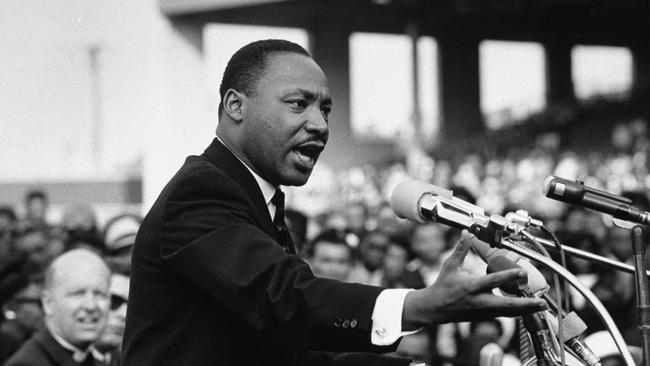
Black men were guaranteed suffrage by a constitutional amendment (the 15th in 1870), which said their “race, colour or previous condition of servitude” was irrelevant to their political status. Southern Democrats quickly reimposed racial profiling, for another century. But the colourblind constitution was born. It was the key principle underpinning Martin Luther King’s civil rights movement in the 1950 and ’60s. It could be a useful model for proponents of the voice.
Instead, too much racial truth-telling in Australia perpetuates an already skewed American racial narrative. When George Floyd was killed by a bad cop in Minneapolis in 2020, this was treated not as an isolated episode but as evidence of a systemic racism of which Australia was a part.
People of colour have endured horrific prejudice in the respective histories of Australia and the US, from massacres to slavery. But this white-on-black narrative – once vital – is increasingly a caricature that elides the more widespread problem of intra-racial crime. In US cities and Australian outback communities, black-on-black violence now dwarfs that which may have a racist, “white supremacist” motivation.
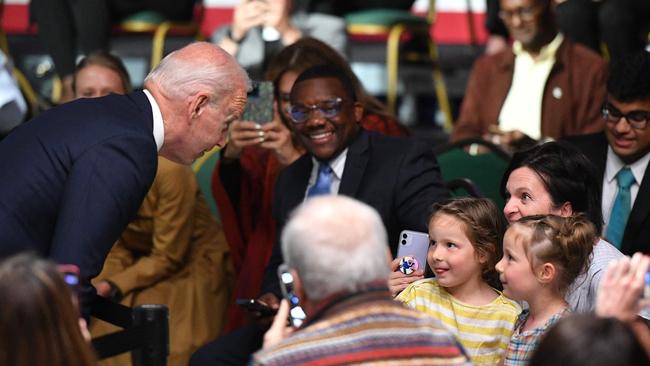
The paying of reparations to “repair” the damage this white supremacy has wrought has sensible adherents in the US. Increasingly, it is part of debates over treaty here. But their restorative power is contested. Republicans deride how Democratic states (and their taxpayers) are contemplating paying money (for sins they did not commit) to African-Americans (who did not experience them).
Similar attempts at financial reconciliation are hardly new in Australia. Its sceptics call it “sit down” money (as in “sit down and shut up”). How any American state could do this and not encounter stiff resistance from other identity groups (with competing claims of unjust treatment) will be an object lesson for race politics in Australia. The sheer variety of racisms and campaigns against them in the US, across centuries, makes this nation a tricky one to emulate. The US constitution is set up to protect not racial rights but unalienable, individual ones.
To racialise US politics is to undo the best hope America has for racial reconciliation: the post-civil war constitution. To further entrench race as a special category in the Australian Constitution invites the turmoil – perhaps in miniature, but turmoil nonetheless – of the American experiment.
Timothy J Lynch is professor of American politics at the University of Melbourne.


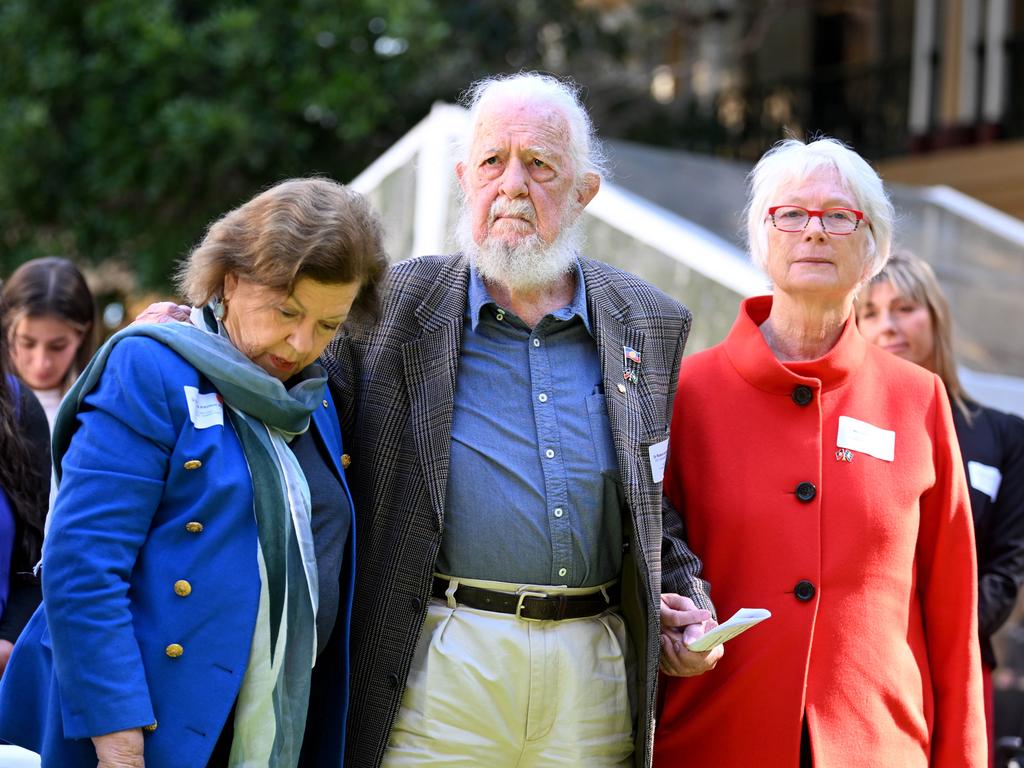
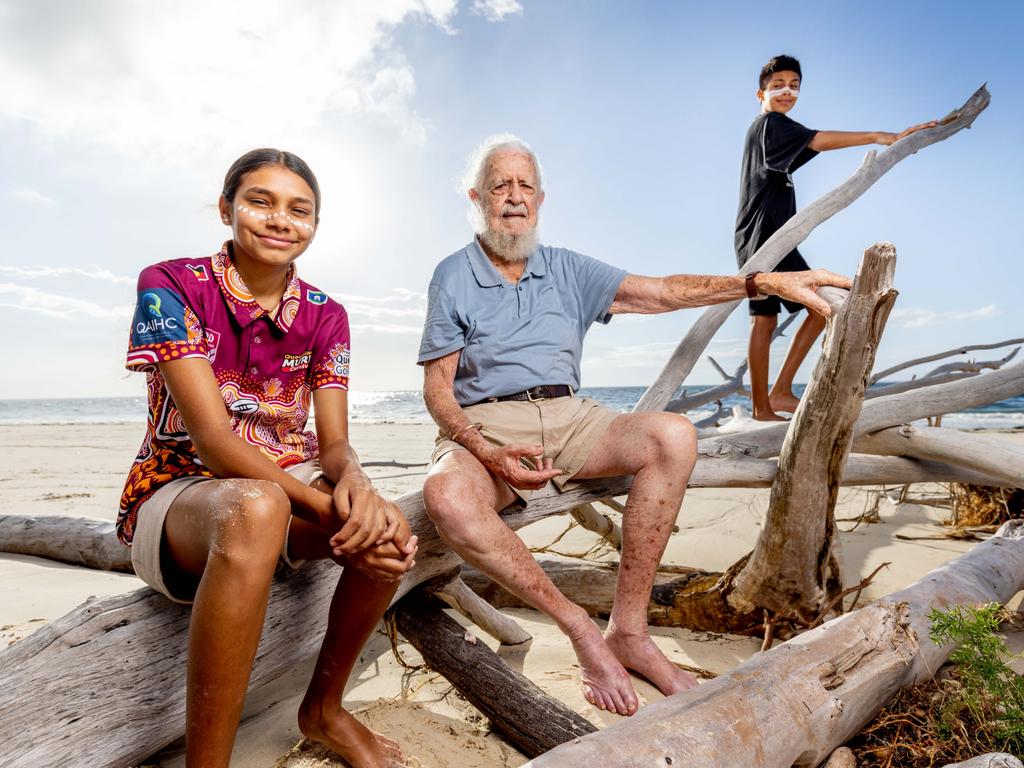
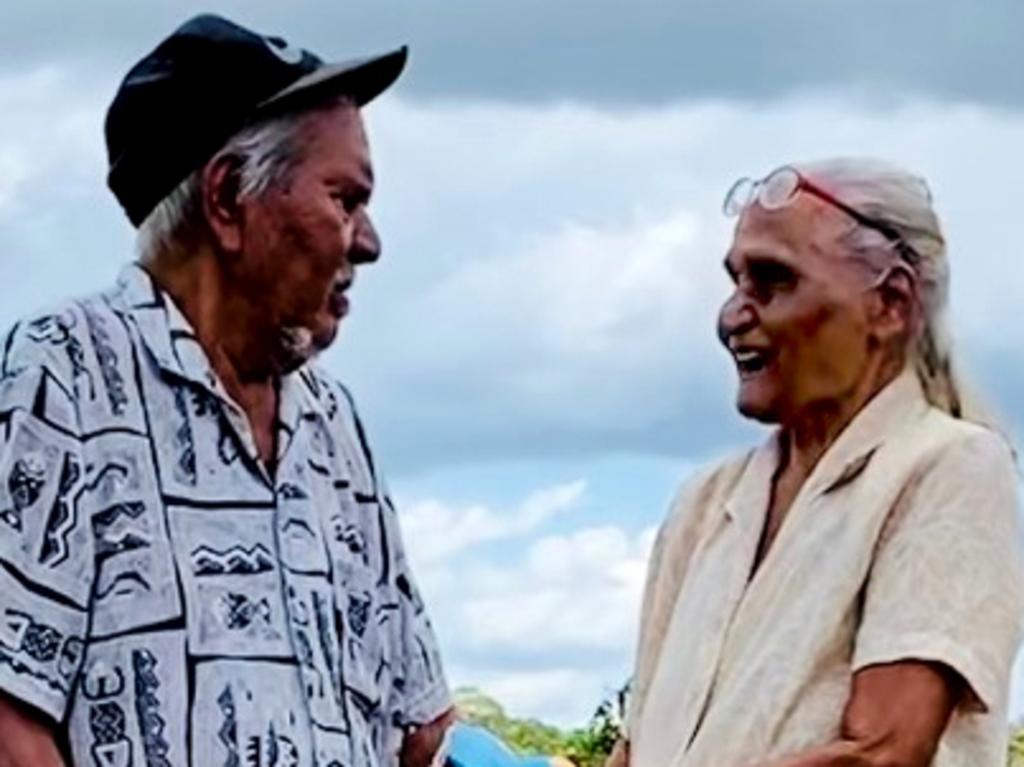
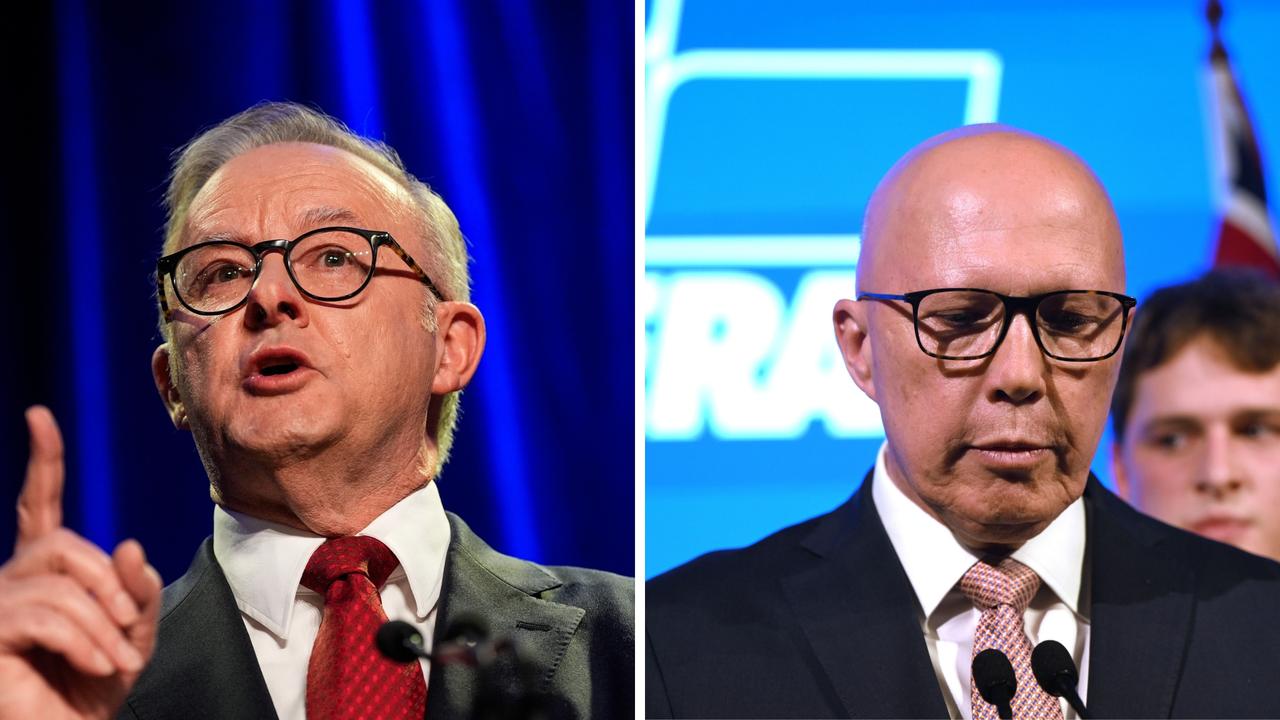
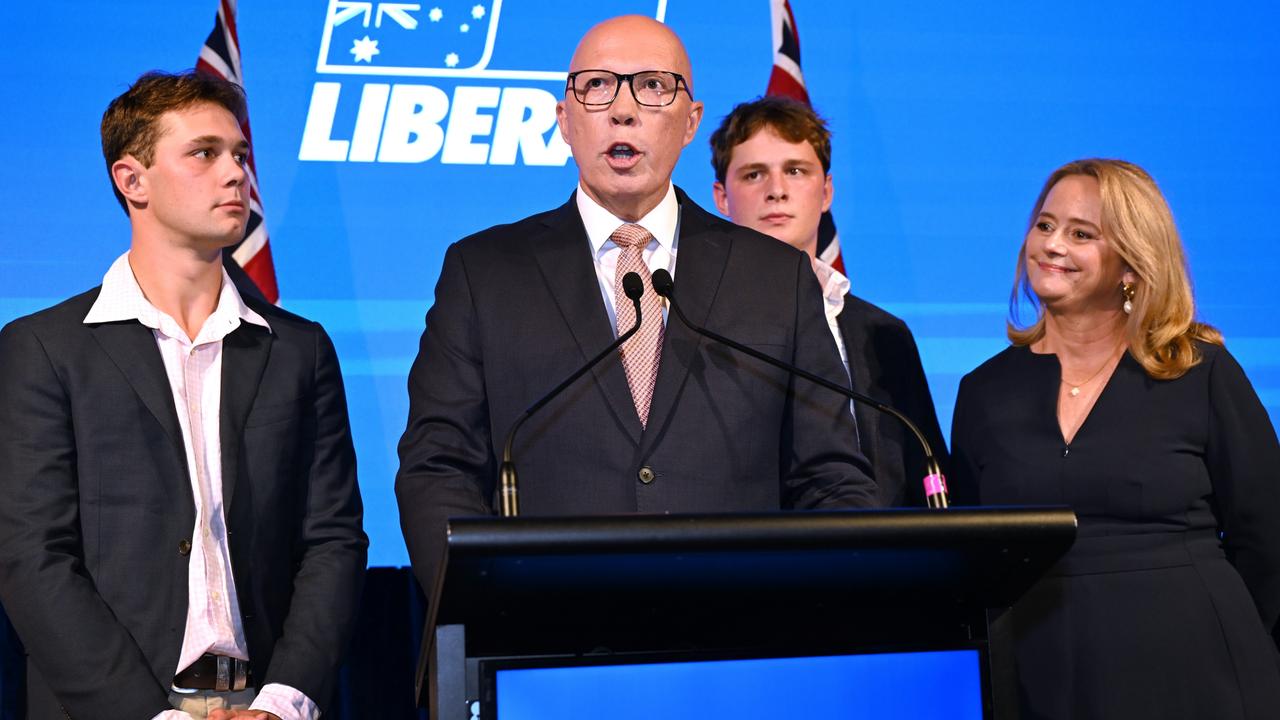
Treaty and truth-telling have a catchy, progressive buzz to them. They represent the next, inevitable, stages of “decolonisation”, whether or not the voice gets up.